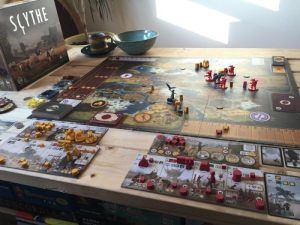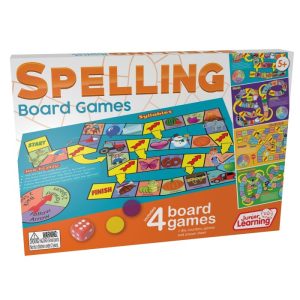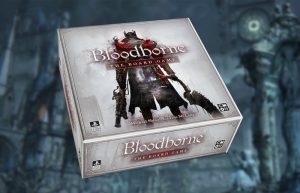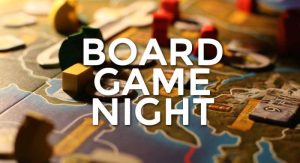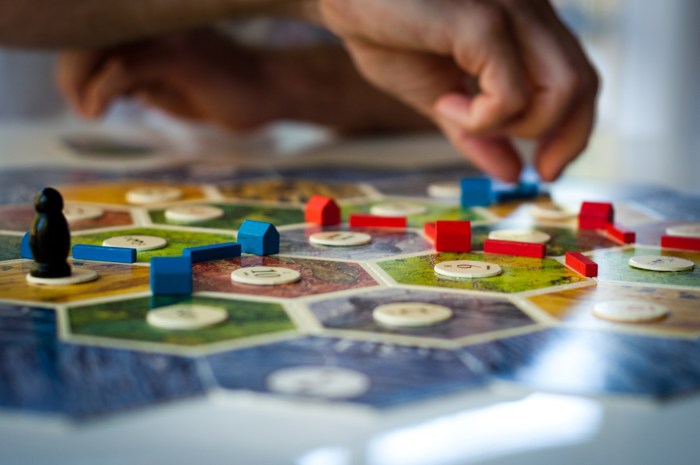
Step into the world of board game reviews where every decision counts, guiding players towards unforgettable gaming experiences and discoveries beyond the tabletop. Explore the realm where insights shape choices and excitement awaits at every turn.
Discover the components, genres, and secrets of board game reviews that unlock the door to a universe of strategic gameplay and cooperative fun.
Board Game Reviews

Board game reviews play a crucial role in the gaming community, providing valuable insights and feedback on the latest board games available in the market.
Importance of Board Game Reviews
- Board game reviews help consumers make informed decisions by offering detailed analysis of gameplay, components, and overall experience.
- They provide an opportunity for players to learn about the mechanics and dynamics of a game before making a purchase, ensuring that they invest in titles that align with their preferences.
- Reviews also highlight the strengths and weaknesses of a board game, allowing players to gauge whether the game will be enjoyable and engaging for them.
Role in Promoting New Games
- Board game reviews are instrumental in promoting new games by generating buzz and excitement within the gaming community.
- Positive reviews can attract a larger audience to a newly released game, increasing its visibility and potential for success in the market.
- Reviewers often provide recommendations and comparisons with existing popular titles, helping players discover fresh and innovative board games to add to their collection.
Components of a Board Game
Board games consist of various essential components that come together to create an engaging gameplay experience. Each component plays a crucial role in shaping the overall dynamics of the game and influencing the strategies and decisions made by players.
Classic Board Games vs Modern Board Games
When comparing the components of classic board games with modern board games, some significant differences can be observed:
- Pieces: In classic board games, pieces are often simple tokens or pawns with basic shapes and colors. Modern board games, on the other hand, may feature more detailed and thematic pieces that enhance the immersion and thematic experience of the game.
- Board Design: Classic board games typically have a traditional square or rectangular board with a straightforward layout. In contrast, modern board games may feature modular boards, variable setups, or innovative designs that add complexity and replay value to the game.
- Components Quality: While classic board games may have components made of basic materials like cardboard or plastic, modern board games often use higher quality components such as wooden tokens, metal coins, or custom miniatures, enhancing the tactile and visual appeal of the game.
- Rulebooks: Classic board games tend to have concise and straightforward rulebooks that are easy to understand. In contrast, modern board games may have more complex rulebooks with detailed explanations and edge cases, reflecting the depth and intricacy of gameplay mechanics.
- Player Interaction: Classic board games often focus on direct player interaction through competition or cooperation. Modern board games may introduce new mechanics like hidden information, asymmetric powers, or legacy elements that encourage different forms of player interaction and engagement.
Popular Board Game Genres
In the world of board games, there are several popular genres that cater to different preferences and playstyles. Each genre offers a unique gaming experience and appeals to a diverse audience of players.
Strategy Board Games
Strategy board games require players to make thoughtful decisions and plan ahead to outwit their opponents. These games often involve managing resources, controlling territories, and strategic maneuvering.
- Examples: Settlers of Catan, Ticket to Ride, Agricola
- Unique Characteristics: Focus on long-term planning, player interaction, and critical thinking skills.
Party Board Games
Party board games are designed for larger groups of players and emphasize social interaction, laughter, and fun. These games are usually easy to learn and encourage players to engage with one another.
- Examples: Codenames, Dixit, Telestrations
- Unique Characteristics: Light-hearted gameplay, quick rounds, and a focus on entertainment and laughter.
Cooperative Board Games
Cooperative board games require players to work together towards a common goal, fostering teamwork and communication. Players must collaborate and strategize to overcome challenges as a team.
- Examples: Pandemic, Forbidden Island, Ghost Stories
- Unique Characteristics: Emphasis on teamwork, shared victories, and a sense of camaraderie among players.
Thematic Board Games
Thematic board games immerse players in richly detailed worlds with strong narratives and thematic elements. These games often feature intricate storylines, unique settings, and immersive gameplay experiences.
- Examples: Twilight Imperium, Gloomhaven, Arkham Horror
- Unique Characteristics: Deep storytelling, thematic immersion, and a strong emphasis on narrative elements.
How to Write a Board Game Review
Writing a board game review can be a fun and rewarding experience for both the reviewer and potential readers. To ensure your review is engaging and informative, it is important to include key elements and structure it effectively.
Key Elements in a Comprehensive Board Game Review
When writing a board game review, make sure to include the following key elements:
- An overview of the game: Provide a brief summary of the game, including its theme, objective, and gameplay mechanics.
- Components and quality: Evaluate the components of the game, such as the board, cards, tokens, and overall production quality.
- Gameplay experience: Share your thoughts on the overall gameplay experience, including mechanics, strategy, and player interaction.
- Replay value: Discuss the replay value of the game and whether it offers long-term enjoyment and engagement.
- Pros and cons: Highlight the strengths and weaknesses of the game, providing a balanced perspective for readers.
- Final thoughts and recommendation: Summarize your overall thoughts on the game and recommend it to certain types of players.
Tips for Structuring a Board Game Review Effectively
When structuring your board game review, consider the following tips:
- Start with a captivating introduction to grab the reader’s attention.
- Organize your review into sections based on the key elements mentioned above.
- Use subheadings to break down different aspects of the game for easy navigation.
- Include personal anecdotes or experiences to make your review more relatable.
- Provide clear and concise explanations of your thoughts and opinions on the game.
Best Practices for Writing Engaging and Informative Board Game Reviews
To write engaging and informative board game reviews, consider the following best practices:
- Be honest and transparent in your assessment of the game, highlighting both its strengths and weaknesses.
- Use descriptive language to paint a vivid picture of the gameplay experience for your readers.
- Include images or videos to visually showcase the components and gameplay of the game.
- Compare the game to similar titles to provide context for your review.
- Engage with your audience by encouraging comments, questions, and discussions in your review.
Final Review

In the realm of board game reviews, every word written is a piece of the puzzle that completes the bigger picture. As you delve deeper into the world of gaming critiques, remember that each review is a journey, a guide, and a friend in the realm of endless possibilities.
Quick FAQs
Why are board game reviews important?
Board game reviews provide valuable insights into gameplay, components, and overall experience, helping players make informed decisions before investing in a game.
What makes a board game review engaging?
An engaging board game review includes detailed descriptions, personal experiences, gameplay tips, and an overall opinion that resonates with the audience.
How can board game reviews promote new games?
By highlighting the unique features, gameplay mechanics, and overall fun factor of a new game, board game reviews create buzz and generate interest among potential players.
